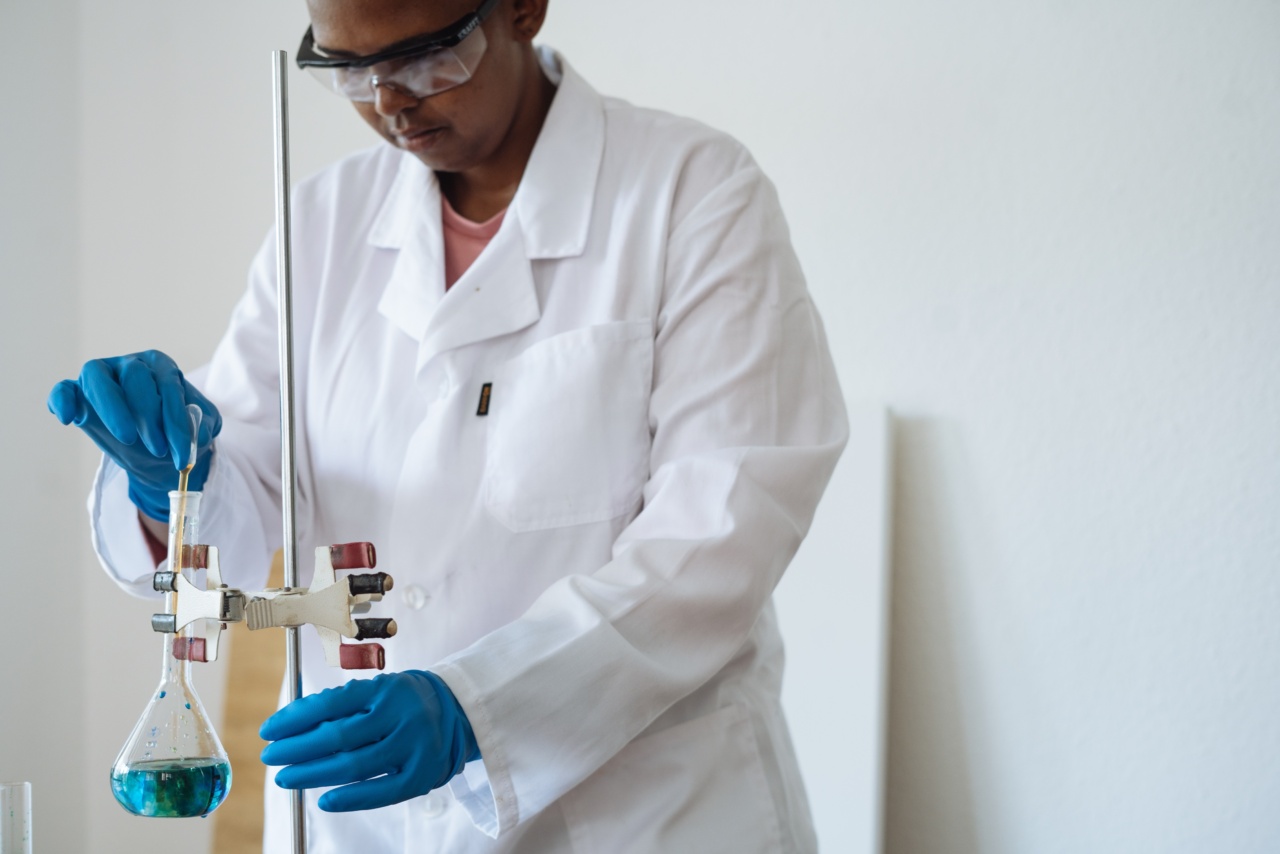When it comes to fertility and family planning, the health of your sperm plays a crucial role. Sperm health is determined by various factors, including sperm count, motility, morphology, and overall quality.
If you and your partner are trying to conceive, it is essential to ensure that your sperm is in optimal condition. In this article, we will discuss how to check the health of your sperm and take necessary steps to improve it.
Understanding the Basics: What Makes Healthy Sperm?
Before diving into the methods of checking sperm health, it’s important to understand the qualities that make sperm healthy. Here are some key factors to consider:.
1. Sperm Count:
The sperm count refers to the number of sperm cells present in a given sample. A healthy sperm count typically measures between 15 million to 200 million sperm cells per milliliter of semen.
2. Sperm Motility:
Sperm motility indicates the sperm’s ability to swim and move effectively towards the egg. Higher motility increases the chances of successful fertilization.
3. Sperm Morphology:
Sperm morphology refers to the shape and structure of the sperm. Healthy sperm tend to have an oval-shaped head and a long tail, facilitating better movement.
4. Semen Volume:
The volume of semen ejaculated plays a role in fertility. A healthy semen volume ranges between 1.5 to 5 milliliters per ejaculation.
Methods to Check Sperm Health:
1. Semen Analysis:
A semen analysis is the most common method used to check sperm health. It involves collecting a semen sample and having it analyzed in a laboratory.
During the analysis, several parameters are evaluated, including sperm count, motility, morphology, and semen volume.
2. Home Sperm Test Kits:
For individuals who prefer to test their sperm health in the privacy of their own homes, home sperm test kits are available. These kits use semen samples to assess sperm count, motility, and morphology.
While not as accurate as laboratory testing, they can provide useful insights.
3. Computer-Assisted Sperm Analysis (CASA):
Computer-assisted sperm analysis (CASA) is a technology-driven method that uses specialized software to analyze sperm characteristics. This method provides detailed information regarding sperm concentration, motility, and morphology.
4. DNA Fragmentation Test:
DNA fragmentation refers to the damage or breakage of the DNA strands within the sperm. High levels of DNA fragmentation can hinder fertility. DNA fragmentation tests help assess the integrity of sperm DNA and its potential impact on fertility.
Improving Sperm Health:
If your sperm health is not optimal, making certain lifestyle changes can help improve it. Here are a few tips:.
1. Maintain a Healthy Diet:
Eat a balanced diet rich in vitamins, minerals, antioxidants, and omega-3 fatty acids. Include fruits, vegetables, whole grains, lean proteins, and healthy fats in your daily meals.
2. Exercise Regularly:
Engage in moderate physical activity for at least 30 minutes per day. Exercise helps improve overall blood circulation, which can positively impact sperm health.
3. Avoid Excessive Alcohol and Tobacco:
Excessive alcohol consumption and tobacco use have been linked to poor sperm health. Minimize your alcohol intake and quit smoking to enhance fertility.
4. Manage Stress:
Chronic stress can negatively affect sperm production. Incorporate stress-management techniques such as meditation, yoga, or deep breathing exercises into your daily routine.
5. Maintain a Healthy Weight:
Obesity and being overweight can contribute to hormonal imbalances and reduce sperm quality. Maintain a healthy weight through a balanced diet and regular exercise.
6. Avoid Exposure to Environmental Toxins:
Avoid exposure to pesticides, heavy metals, and other toxic substances, as they can harm sperm health. Take necessary precautions if your work or home environment involves potential hazards.
When to Seek Professional Help:
If you have been actively trying to conceive for a year without success, it may be wise to consult a fertility specialist. They can conduct comprehensive tests to evaluate your fertility, including a thorough examination of your sperm health.
Conclusion:
Checking the health of your sperm is essential for people planning to conceive. By utilizing methods such as semen analysis, home sperm test kits, CASA, and DNA fragmentation tests, you can assess various parameters of sperm health.
If you find that your sperm health is suboptimal, following the mentioned lifestyle tips and seeking professional medical advice can help improve your chances of successful conception.




























